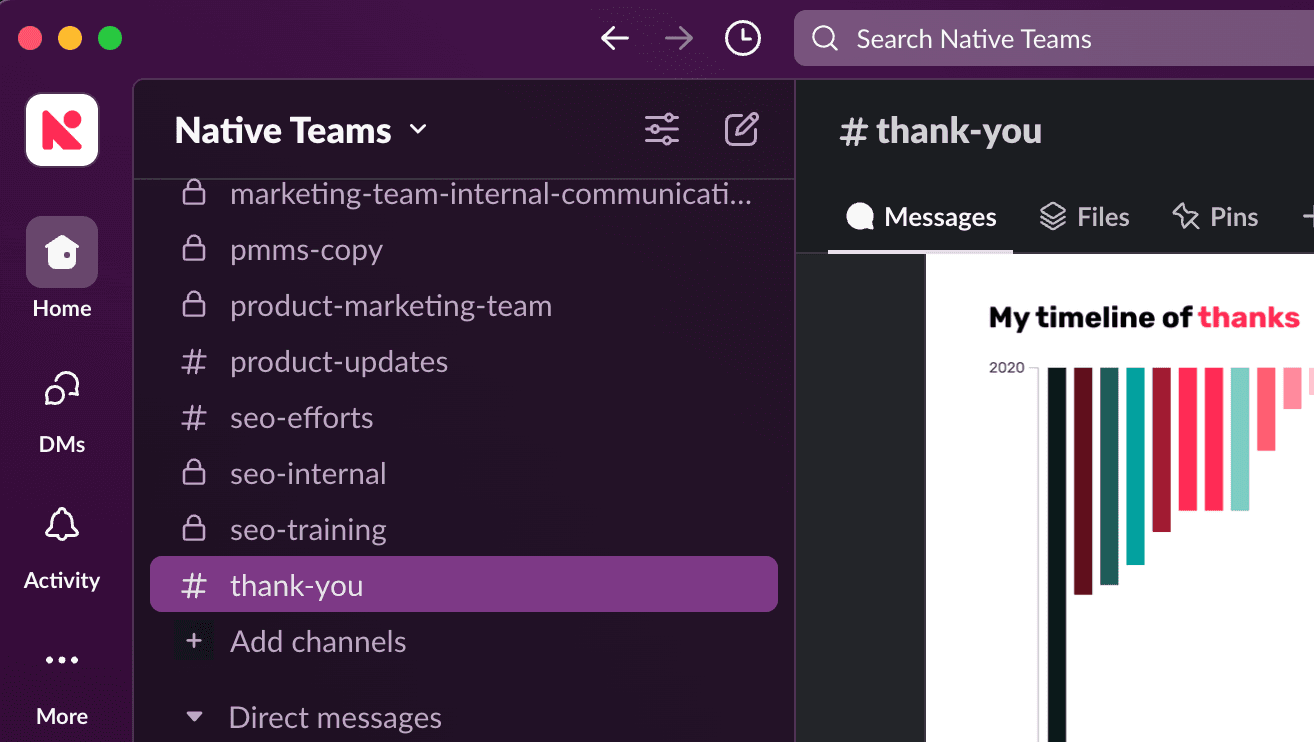How to Design a Remote Work Policy That Strengthens Company Culture
Let’s be honest, remote work isn’t a trend anymore. It’s becoming the standard. But with that shift comes a big challenge: keeping your company culture alive when your team is spread across time zones, home offices, and co-working spaces.
I’ve seen both sides: teams that thrive remotely and teams that slowly drift apart. And the difference often comes down to one thing: how intentional the company is with their remote work policy.
In this blog, we’ll explore how you can design a policy that does more than “allow” remote work. We’ll talk about building one that connects your people, reflects your values, and makes everyone feel like they belong, no matter where they log in from 🌍.

What is a remote work policy?
A remote work policy is a formal set of guidelines that defines how employees can work outside a traditional office environment. It includes:
- Who is allowed to work remotely
- Where and how they can work
- What are the expectations in terms of hours, communication, and output
- Which tools and resources does the company provide
- Legal and security considerations
- And how the company will keep people engaged and included
But in my experience, the best policies go beyond logistics. They act as a culture manual, setting the tone for how people interact, collaborate, and grow in a remote-first world.
Done right, it becomes a foundation for trust, clarity, and connection.
Why company culture matters in a remote setup
Culture is what makes people stay. It’s how your team works together, supports each other, and celebrates wins. In an office, culture can be reinforced organically through casual chats, spontaneous high-fives, and shared lunches. But remotely? You have to be much more intentional.
Without a strong culture, remote teams can start to feel:
- Isolated or disconnected
- Unsure about where they stand
- Less motivated or aligned
- Left out of important conversations
I’ve seen teams where people didn’t even know what their colleagues looked like. That’s not remote culture, that’s just people working alone. A great remote work policy helps avoid this by baking in connection and shared values into everyday work.
For distributed teams, especially those spread across borders, building a positive work culture with a global team goes beyond virtual happy hours - it means creating space for trust, inclusion, and shared purpose no matter where your team logs in from.

How to design a remote work policy that strengthens culture
Here’s how to build a policy that isn’t just functional, it’s cultural. This is where most companies get it wrong, in my opinion: they focus on tech, not on people.
Align the policy with your core values
Start here. If your company says it values autonomy, flexibility, or collaboration, your remote policy should reflect that. For example:
- Value flexibility? Then don’t enforce strict 9-5 hours.
- Value teamwork? Then build in rituals that support async and sync collaboration.
People can tell when your values are just words on a website. Your remote policy should reflect those values every day.
Define eligibility and expectations clearly
Avoid grey areas. Be clear about:
- Which roles are remote-eligible
- Whether remote work is full-time, hybrid, or location-bound
- Time zone expectations
- Working hours or “core hours”
- Communication response times
When expectations are fuzzy, frustration builds. But when they’re clear, people feel trusted and respected 🤝.
Prioritise communication and connection
I've seen how quickly remote teams can lose momentum when communication breaks down.
Here’s what helps:
- Daily or weekly team check-ins
- Async updates (video or written)
- Team-wide newsletters or updates from leadership
- Slack or Teams channels just for casual chats
- Scheduled “no meeting” days to avoid burnout
The point is: don’t wait for communication to happen. Design it into the day-to-day. Even small habits can strengthen team bonds over time - this blog shares more ways to build real relationships while working remotely.

Set boundaries to support work-life balance
Just because someone’s home doesn’t mean they’re available 24/7. Set the tone early:
- Encourage people to set clear working hours
- Don’t celebrate “always online” behaviour
- Promote taking time off, really off
- Use scheduling tools to avoid late-night pings 💤
A good remote policy protects people's time and energy, not just their output.
Include remote onboarding and culture integration
This is one of the most overlooked areas. New employees need more than a checklist; they need a warm welcome.
Your policy should outline:
- A remote onboarding flow (day 1 to week 4)
- Culture buddies or mentors
- Intro calls across departments
- First-week rituals (virtual welcome lunch, team video)
- Access to values, tools, FAQs, and culture documents
Think about it this way: the more connected a new hire feels in month one, the longer they’ll stay.
Invest in tools that enable culture
You can’t build culture with emails alone. Your policy should highlight the tools that help your team collaborate, engage, and have fun:
- Async tools: Loom, Notion, Miro
- Project management: Trello, Asana, ClickUp
- Recognition: Bonusly, HeyTaco, or a custom Slack channel
And here’s the key: don’t just give tools. Train people to use them well.
Promote equality and inclusion
A good remote policy works for everyone, not just those in the HQ timezone or with perfect home offices.
Tips to consider:
- Be mindful of time zones when scheduling meetings
- Offer a home office or co-working allowance
- Provide closed captioning in calls
- Set inclusive communication norms (e.g., default to writing if not everyone can join live)
- Design for neurodiversity and accessibility
Equity should be built into the policy, not added later.

Build in feedback loops
Your remote policy should evolve with your team. That means:
- Running regular remote experience surveys
- Having a feedback channel (anonymous or open)
- Revisiting the policy quarterly or biannually
- Involving employees in updates and improvements
This shows your team that their voice matters, and your policy is for them, not just HR.
Celebrate success and recognition
When you’re not in the same space, you have to be louder about celebrating wins 🎉.
Ideas:
- Start meetings with shoutouts
- Use emojis and GIFs liberally in chats
- Host monthly team award sessions (even silly ones!)
- Highlight project wins in newsletters or on the company's social media
At Native Teams, we have a Slack channel called “thank you”, where team members regularly appreciate each other for their hard work, support, and collaboration. It’s a small thing, but it creates a ripple effect of positivity and connection that really sticks 💛.
Remote doesn’t have to mean dry. Recognition builds energy, loyalty, and a sense of team spirit that goes beyond the screen.

Make the policy accessible and human
Please don’t bury your policy in a PDF no one reads. Instead:
- Keep it short, clear, and jargon-free
- Use simple language and a friendly tone
- Add visuals or FAQs
- Share it during onboarding and regular all-hands
- Host a live Q&A session about it
If people can’t understand or access the policy, it won’t be followed.
Sample remote work policy structure
Here’s a starting template you can adapt:
- Purpose & values
- Scope & eligibility
- Remote locations allowed
- Working hours & availability
- Communication guidelines
- Performance expectations
- Security, compliance & data protection
- Remote onboarding & training
- Tool stack & IT support
- Work-life boundaries & wellbeing
- Feedback & updates process
- Recognition & culture rituals
- Appendix: FAQs/resources
This doesn’t have to be fancy. Just make sure it reflects how you actually want your team to work and feel.
How Native Teams can help
If you're building a remote team that spans multiple countries, you're not just managing culture; you’re also dealing with different employment laws, payment systems, and compliance requirements.
That’s where Native Teams can help.
We offer:
- Employer of Record (EOR) services so you can legally hire and pay remote employees across 85+ countries
- Local contracts and benefits tailored to each region
- Integrated payroll, tax, and HR tools
- Localised employee benefits to keep your team happy and motivated
Our goal? To make global hiring easy without losing the human touch. Let us take care of the admin, so you can focus on building a team that loves where they work, wherever they work from.
Conslusion
Designing a remote work policy that strengthens culture takes more than copying a template off the internet. It means thinking deeply about your people, your values, and your goals as a company.
When done right, your policy becomes a cultural anchor. A living, breathing document that helps your team stay connected, motivated, and supported, no matter where they are 🧭.
So take the time. Ask your team what matters to them. And build a remote policy that brings everyone together, even when they’re miles apart.
